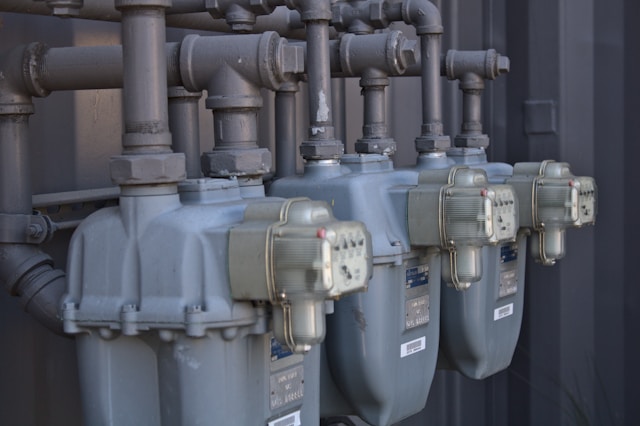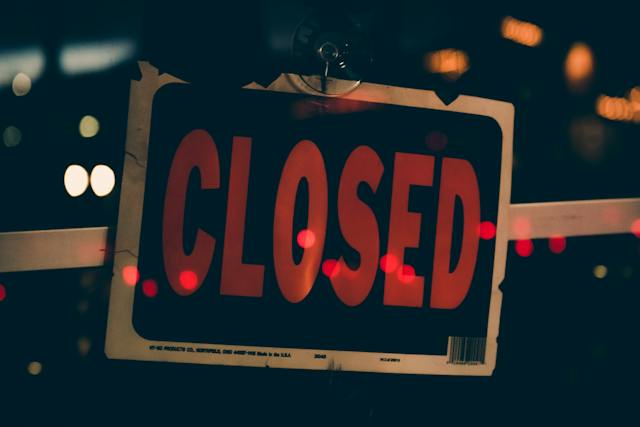
When you suffer an unexpected medical bill or financial setback, debt can begin to accumulate. While it’s easy to fall into debt, navigating your way back to financial freedom can be incredibly difficult, and many may fall deeper and deeper into debt. As such, you may consider filing for bankruptcy to help you regain control of your finances. However, you may worry about the impact it can have on essential services like your utilities. If this represents your circumstances, the following blog explores whether or not bankruptcy can result in your utilities being shut off and the importance of connecting with a Memphis, TN consumer bankruptcy lawyer to represent you during this complicated process.
Will My Utilities Be Shut Off if I File for Bankruptcy?
If you wish to file for bankruptcy, you may be hesitant to do so because you are worried that it could result in your utility services being discontinued. Many people have this fear as filing for bankruptcy often results in the cancellation of credit cards, even those that have zero balance. However, you should note that when you file for bankruptcy, you are granted what’s known as an automatic stay. As such, when you declare bankruptcy, your creditors cannot continue collection efforts against you, including contacting you in regards to your debt, filing lawsuits, or foreclosing on your property. The automatic stay also extends to your utility services.
However, if you are behind on your utility bills, this automatic stay will generally only last 20 days, unless you can provide an assurance payment. This is generally a cash deposit that the insurance company can use to ensure that you will pay your future bills. You should also note that by providing this payment, your provider cannot shut off your service if prior unpaid debts are discharged. If you fail to make future payments, however, they may discontinue your service.
Which Bankruptcy Chapter Is Right for Me?
Consumers in Tennessee generally have two options when filing for bankruptcy. The first is Chapter 7, which involves the liquidation of non-exempt assets to repay creditors, while the remaining debt is forgiven when all assets have been sold. However, you must pass a means test in order to pursue this option. The other choice is to file Chapter 13, which reorganizes your debts into one monthly payment that will last three to five years, though your assets will not be seized.
Filing for bankruptcy is an intimidating process, as it can drastically reduce your credit score. However, it can also help you regain control of your finances by wiping out a portion of your debt. If you’re interested in filing, working with an experienced attorney is the best option, as they can assist you in determining which chapter is best for your circumstances.
At the Arnold Law Firm, our team understands how overwhelming the prospect of filing for bankruptcy can be to navigate, which is why we are ready to assist you through these difficult matters. When you are ready for a financial fresh start, contact us today to learn how we can help you reap the full benefits of this process.




